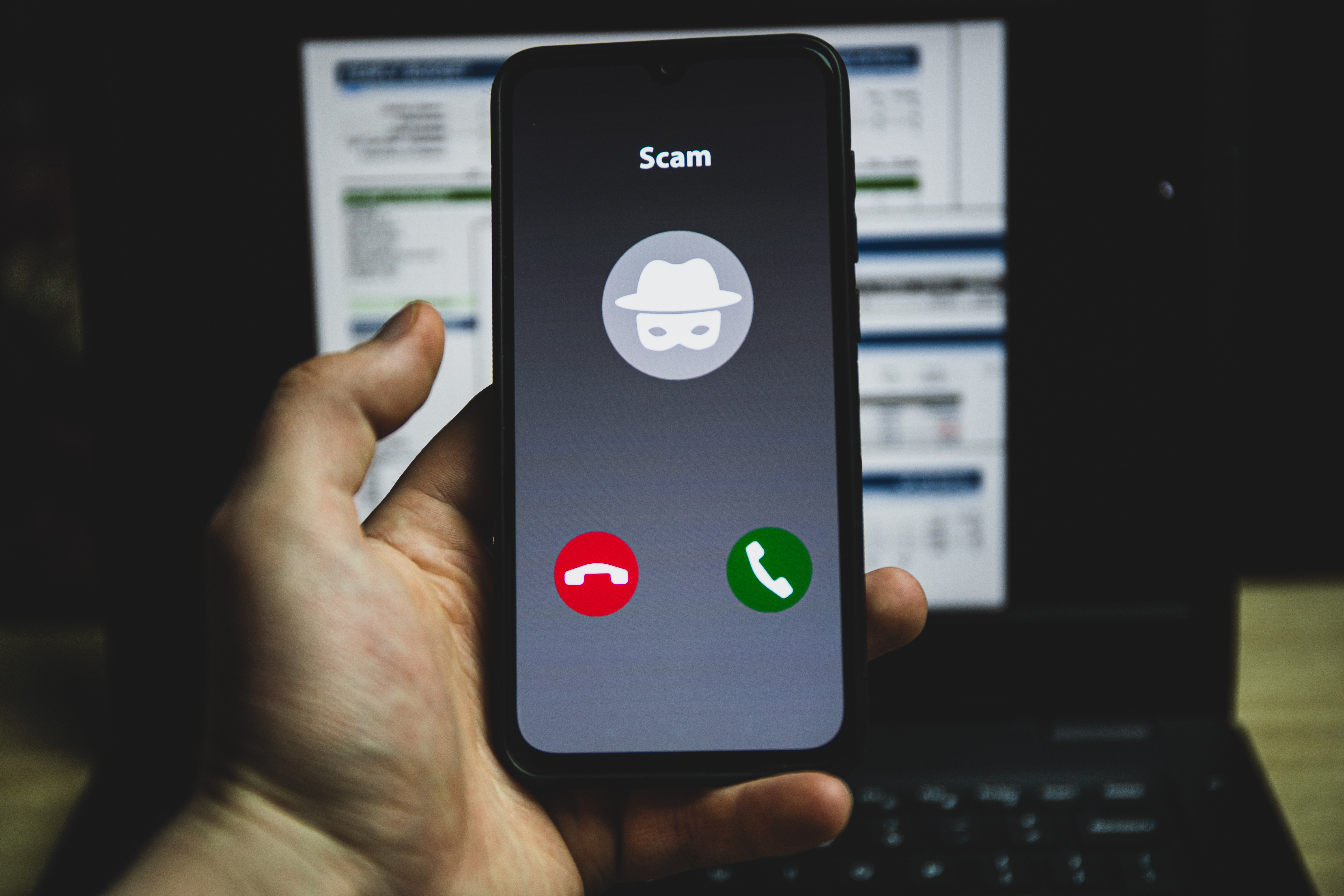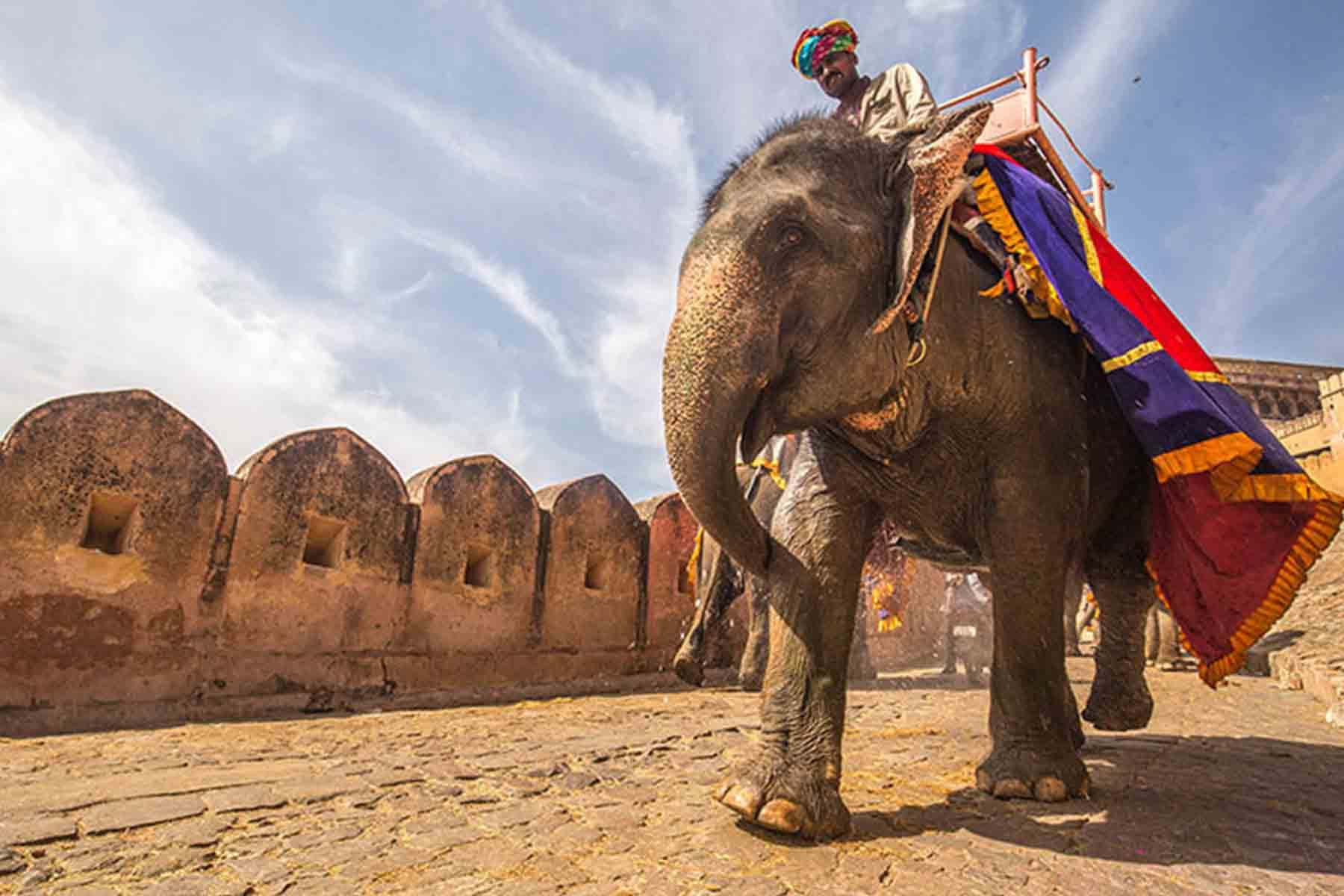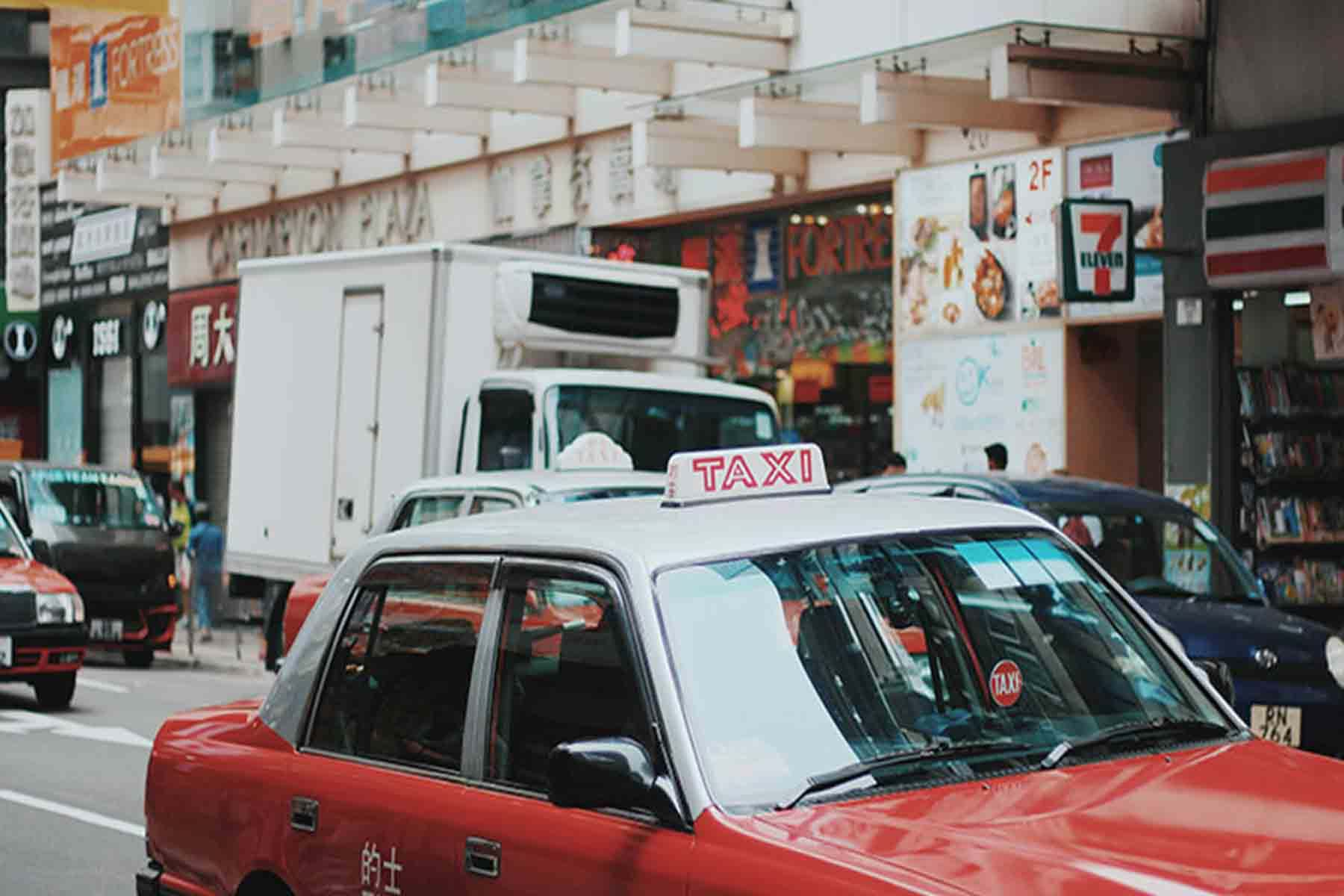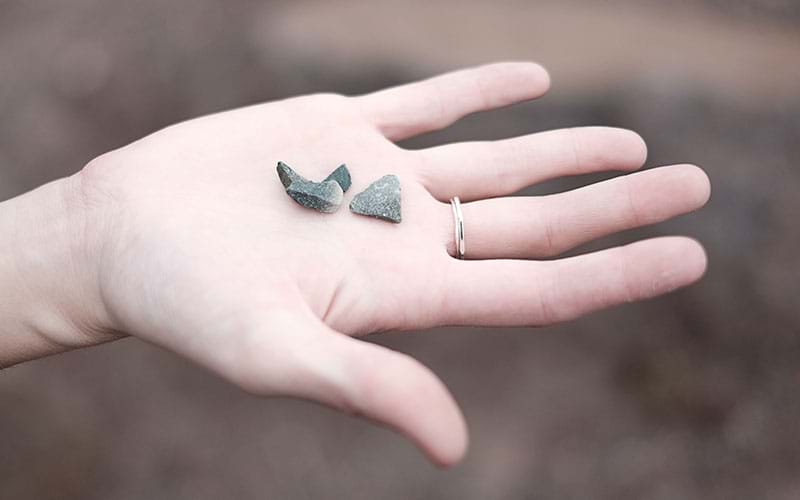
THE 8 MOST POPULAR TRAVEL SCAMS … AND HOW TO AVOID THEM
I’m embarrassed to admit that I’ve been the victim of more than my share of travel scams.
Fortunately, the more I experience, the more I learn and the savvier I become.
Unfortunately, travel-scam artists create new schemes faster than I can figure out the old ones.
So the same thing won’t happen to you, I’m setting aside embarrassment and sharing my experiences.
The pizza that will never be delivered
One popular scam you may encounter during your hotel stay is the fake takeout menu.
These aren’t the usual tent-style advertisements purposely placed on the desk in your hotel room, but flyers that you’ll find outside your room or slid under your door. When you call to place your food order, they’ll take your credit-card information … but you won’t receive any delivery.
If you have any doubts about legitimacy, call the front desk before ordering.
Never be held hostage on some random guy’s camel
During your travels, you may have the opportunity to ride a camel. Never hop on the animal without negotiating a price.
Once you’re sitting high in the saddle, you’re not in the best bargaining position. The person who has to let you off the animal is.
Agreeing to a price and clarifying the terms up front is a good rule to follow – no matter the mode of transportation.
 Photo credit: C Rayban via Unsplash.
Photo credit: C Rayban via Unsplash.
This currency scam is dynamic
When checking out of your foreign hotel, the desk clerk may ask you if you want to pay in local currency or U.S. dollars. You may be handed a bill that's already totaled in U.S. dollars.
Always pay in local currency. If you do not, and you select U.S. dollars, the hotel will convert the U.S. dollars to local currency and the rate will not be favorable.
The practice is called dynamic currency conversion, and it can cost you. I’ve had it happen several times, mostly in Asia, but it can be found throughout the world.
Making new friends at the ATM
Speaking of currency-related scams, you should always be familiar with the foreign currency you’ll be using at your destination. When you approach the airport ATM, you should know how much new currency you need to withdraw.
It can be stressful to not know the exchange while you’re trying to manage a foreign ATM with a long line forming behind you.
You could also attract a new friend who will be more than willing to help you, distract you, and take your ATM card when you forget to take it out of the machine.
If you’re not a geologist, don’t buy that rock, unless …
Throughout the world you’ll find gems and rock specimens for sale.
In Morocco, for instance, we found beautiful geodes but had no idea about their worth. When the price of these spherical-shaped grey rocks with sparkly crystals inside came down to about $2 each, my friend bought two.
There’s not much to lose in that transaction, but you could lose plenty if you buy a fake gem.
Regardless of what you’re buying, if you’re not knowledgeable enough to know if it is a fake or the real thing, don’t buy it … unless, of course, you pay very little and/or are fine with discovering your purchase is worthless.
Don’t even think of accepting this friendship bracelet
How nice of the young gentleman to extend the offer of a friendship bracelet and tie it around my wrist. Oh, it’s tied very tightly!
The reason it’s tied tightly is because it’s not meant to be easily removed. The request for a donation will come quickly and be repeated as you try to remove the strings tied around your wrist. If you offer a small contribution, the amount demanded may increase.
I have only been taken by this once – because once is all it took for me to be alert and avoid these scam artists forever.
 Photo credit: Dan Riñon via Unsplash.
Photo credit: Dan Riñon via Unsplash.
The taxi driver who can perform magic
Certain taxi drivers can magically turn a €20 note into a €10 note.
For example, you give the driver €20 for your €16 fare. He immediately asks for more money, and when you object, he shows you the €10 note you gave him. Even if you’re sure of what you handed him, it’s difficult to prove.
To avoid this scenario, always verbally state the amount you’re giving before you give it. “Here’s 20 Euros.”
A restaurant recommendation that’s all in the family
The taxi driver didn’t like our restaurant selection. “Too touristy and not fresh,” he stated. Lucky for us, he knew the perfect place.
Of course, the taxi ride was longer, the prices were astronomical and there wasn’t a taxi anywhere to be found for the return trip. Always be skeptical of a taxi driver’s restaurant recommendation.
Fortunately, most of the people we meet while traveling are not out to scam us. And while you can’t avoid all the risks, with knowledge and preparation you can exert more control over the situation.
You can also add peace of mind to your journey by making sure you’re protected against situations that are out of your control with ExactCare®, ExactCare® Extra™, ExactCare® Value™ and AirCare®.
Questions About Travel Insurance?
Check out our online guide, "What Is Travel Insurance All About?" We've provided in-depth answers to all your travel insurance questions, starting with the basics.
 Photo credit: Felipe Elioenay via Unsplash.
Photo credit: Felipe Elioenay via Unsplash.